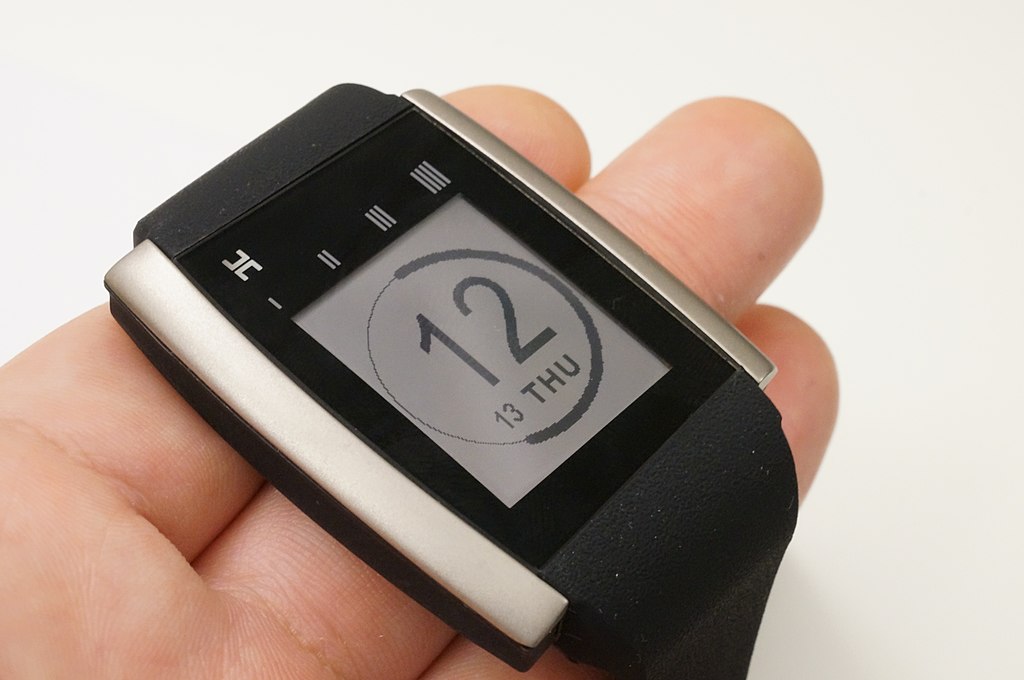In part one of this blog post, Gartner analyst and mobile expert Ken Dulaney discussed why the label Generation Mobile is unnecessary and whether he believes U.S. mobile workers indeed feel guilty for mixing work and personal activities. Read part two to get his opinion on wearables in the workplace and whether the emergence of Gen M calls for new mobility-focused policies.
One of the major findings from a study conducted by mobile security provider MobileIron, which surveyed 3,500 full- and part-time professionals across six countries (including the U.S.), is that there is a new sub-demographic of mobile workers the company is calling Generation Mobile (Gen M) — a group that’s increasingly reliant on mobile for both work and play, and made up of men ages 18 to 24 and parents of children ages 18 and under.
Another interesting finding the report highlighted: A good chunk of Gen M (42%) plan to or already own a wearable device such as an Apple Watch; furthermore, 95% of that group plan to use wearables for work tasks, which include taking phone calls (58%), reading and writing emails (56% and 45%, respectively), and getting alerts such as meeting reminders (44%).
Dulaney thinks that wearables, like mobile devices, have the potential to further expand mobile workers’ connectedness. However, for wearables to gain traction in the workplace, wearable device manufacturers must overcome the current inconvenience of these devices needing to be tethered to smartphones so they can function independently through communications networks.
 Source: Wikimedia
“Once we see medical [wearable] devices that communicate directly with medical services, we will see results,” he wrote in an email.
The MobileIron study also found that the rise of the Gen M demographic, many of whom reported feeling guilty when doing personal activities during work hours and vice versa, requires companies to create new policies that support Gen M’s new work style “without guilt and with high standards of quality and fairness.”
The study offered the following principles on which to base Gen M-catered policies:
Source: Wikimedia
“Once we see medical [wearable] devices that communicate directly with medical services, we will see results,” he wrote in an email.
The MobileIron study also found that the rise of the Gen M demographic, many of whom reported feeling guilty when doing personal activities during work hours and vice versa, requires companies to create new policies that support Gen M’s new work style “without guilt and with high standards of quality and fairness.”
The study offered the following principles on which to base Gen M-catered policies:
- Accept shifting working styles and understand employees’ actions in detail
- Establish clear goals with employees
- Set top-down boundaries (e.g., CEO should set an example by not sending work emails at 2 a.m.)
- Offer reimbursement stipends for personal mobile technology
- Secure data selectively
While he didn’t exactly disagree with these policies (in part one, he urged companies to embrace BYOA to promote employee satisfaction and innovation), Dulaney warned about the legal problems that could arise from offering stipends for personal devices (although he granted reimbursing for phone services and plans is OK).
“If the phone is owned partially by the employer and the employee gets in trouble on the weekend using that phone, then it’s the employer who gets sued,” he said. He compared the situation to companies paying employees for mileage traveled, but not for the vehicles themselves.

Source: Wikimedia











0 comments:
Post a Comment